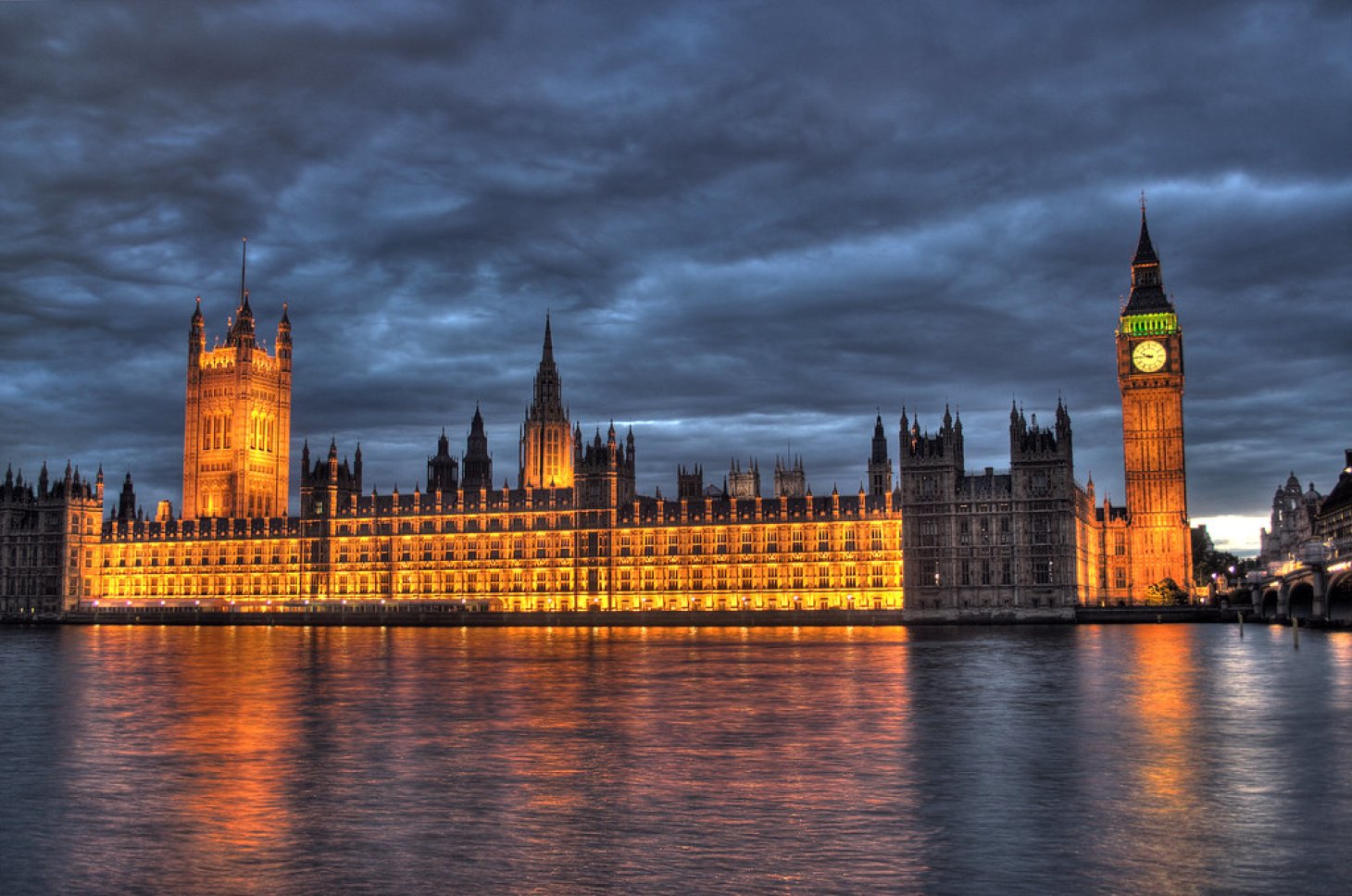
Outgoing Prime Minister Theresa May might be remembered in history for her handling of Brexit, but housing, and in particular the social rented sector, featured prominently during her tenure as Prime Minister.
There were headline announcements such as a further £2billion to support housing associations to build new homes and the lifting of the so-called “borrowing cap”, allowing councils to borrow from the government in order to build new homes for social rent.
Some of her last actions as Prime Minister have signalled a policy shift towards improving renters’ rights – something that would previously have never have been said by a Conservative politician. Will her successor continue down this path or stick to familiar territory?
The most likely candidates for Prime Minister, Boris Johnson and Michael Gove, have very different approaches when it comes to social housing. Johnson, a former Mayor of London, was known for his reluctance to encourage the building of new social housing during his time in office. A Prime Minister Johnson would be unlikely to make the same compromises with the opposition parties than his predecessor when it comes to supporting social housing providers. Johnson has also made several disparaging remarks about social housing tenants in the past so it is difficult to see him making this sector a priority while in government.
Michael Gove, a former shadow housing minister himself, would likely be a far more preferable option for the industry. Seen amongst his colleagues as a reformer and a man who gets things done, Gove could certainly bring about sweeping changes to the social rented sector – you just need to look at the Government’s swift action to reduce the amount of single-use plastics for evidence of Gove’s tenacious approach to policy-making.
During his last bid for Conservative party leader, Gove called for a “national ambition” to build swathes of new housing – both for private and social rent and said it needed to be led by “someone who will push for diggers in the ground and homes for all come what may”.
There is just one barrier standing in Gove’s way. Although Conservative MPs will whittle down the candidates until just two remain, ultimately it will be the Conservative party membership who will decide the next Prime Minister. This is where Boris is likely to succeed. Although he is a polarising figure, he is also one of the most recognisable and is popular with the party membership.
The social rented sector is all too often one of the most vulnerable to the whims of the Prime Minister of the day. Although some housing associations have adapted their business model to become ‘for profit’ housing associations, the majority still remain heavily reliant on help from the government. We will just have to wait with baited breath to find out whether the winds will blow in favour of social housing.